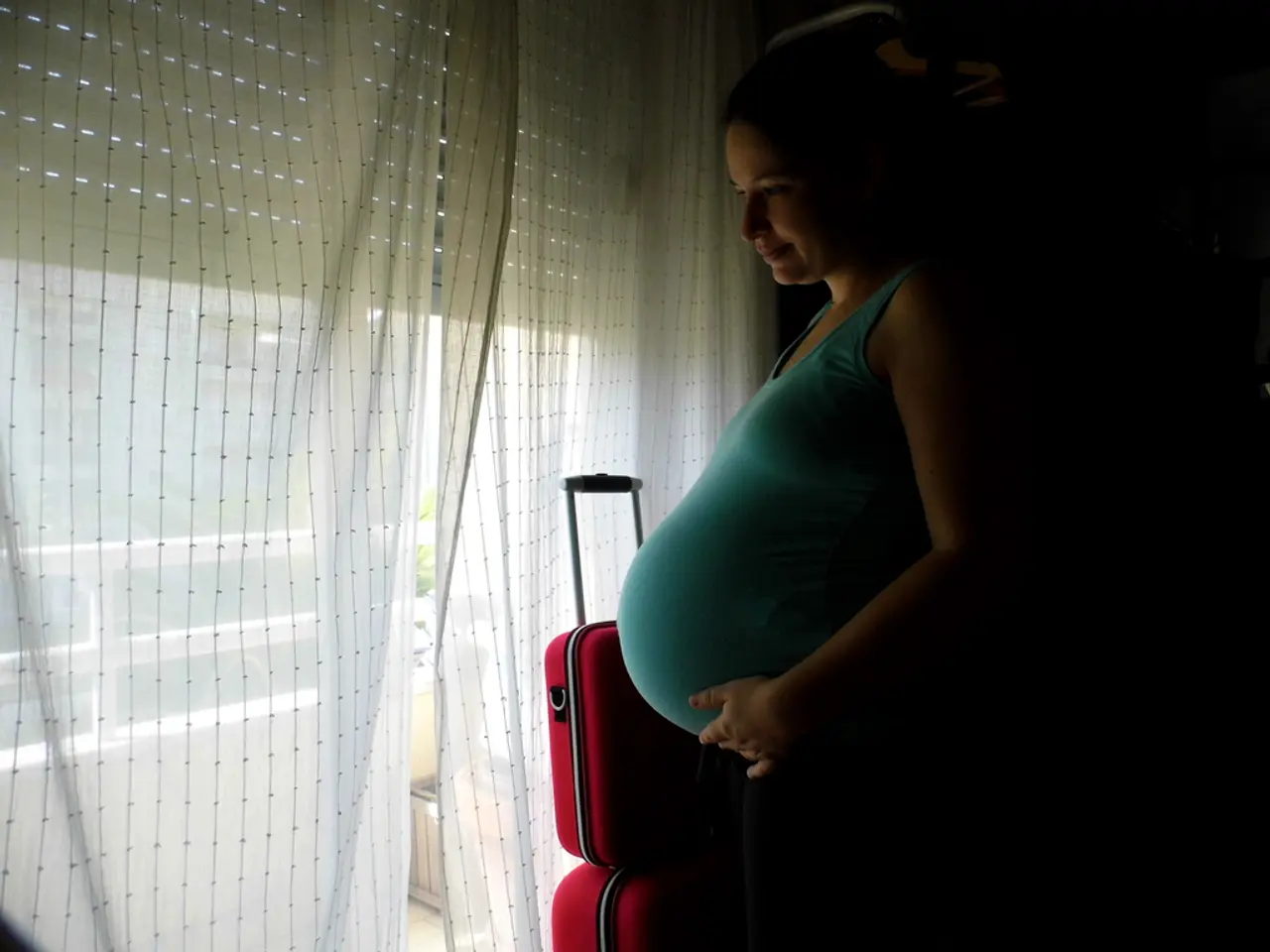Essential Action Steps Following a Rape: Consulting the Police and Seeking Medical Attention
In Kenya, the judicial system takes sexual offences very seriously, with both doctors and police officers playing crucial roles in the pursuit of justice.
According to the Sexual Offences Act, perpetrators of defilement against children under the age of 10 face a sentence of life imprisonment. For rape, the sentence is a term not less than 10 years, which can be extended to life imprisonment.
Evidence collection is essential in the successful prosecution of sexual offences. Doctors or clinicians, in their role, observe and record physical trauma, perform a vaginal swab for forensic analysis, and document their findings thoroughly.
It is important for survivors to seek immediate hospital treatment after an assault. Not only does this provide necessary medical care, but it also increases the chance for incriminating evidence to be collected. Dr. John Njuguna advises against cleaning up after an assault, as it may compromise evidence collection.
Lilian Twala, a police officer overseeing the gender desk at Malaba police station, collects evidence such as the extent and type of the assault, where the incident took place, the time when it happened, and if the survivor can identify the perpetrator by name or specific description.
Judy Gitau, an Advocate of the High Court of Kenya and the regional coordinator for Africa at Equality Now, an international non-governmental organization, emphasizes the importance of survivors accessing health centers for evidence collection and documentation. She also highlights that one of the issues that contributes to survivors not accessing justice is missing or incomplete evidence due to delayed access to clinicians.
To ensure evidence is complete and strong enough for a conviction, it is essential to maintain full traceability and legal certainty of the evidence, carefully document all findings, and use professional methods such as digital forensics and thorough investigation techniques to gather, preserve, and verify the evidence in a legally compliant manner.
The Rural Education and Economic Enhancement Programme (REEP) in Busia County partners with Equality Now to provide legal and practical assistance to survivors of sexual gender-based violence (SGBV). This partnership aims to ensure that survivors have the support they need to navigate the judicial process and access the justice they deserve.
In a court of law, cases are based on evidence, making it critical that survivors have evidence collected and documented. For successful conviction, evidence should be systematic and harmonious to avoid doubt in the identity of the perpetrator, as stated by Lilian Lewa, the Principal magistrate and Head of Station at Kwale Law Courts.
Dr. Njuguna also recommends survivors to seek hospital treatment within 72 hours for medical treatment, prophylaxis against STIs, and to prevent unwanted pregnancy. He stresses that seeking prompt medical attention not only aids in the collection of evidence but also ensures the survivor's overall health and wellbeing.
In conclusion, seeking justice in sexual offences requires a collaborative effort between survivors, healthcare professionals, and law enforcement. It is crucial for survivors to remember that they should never give up in seeking justice, as it makes society safer and prevents the rapist from attacking anyone else. The partnership between REEP and Equality Now in Busia County is a step towards ensuring that survivors of SGBV have the support and resources they need to access justice.
Read also:
- ICE directed to enhance detention conditions following NYC immigrants' allegations of maltreatment
- Israeli finance minister issues warnings about potential annexation of West Bank territories
- United States faces rebuttal from South Africa over allegedly deceitful human rights report and assertions of land expropriation
- Accident at Rodalben Results in Injuries; Geoskop Area near Kusel Affected After Stormy Weather








